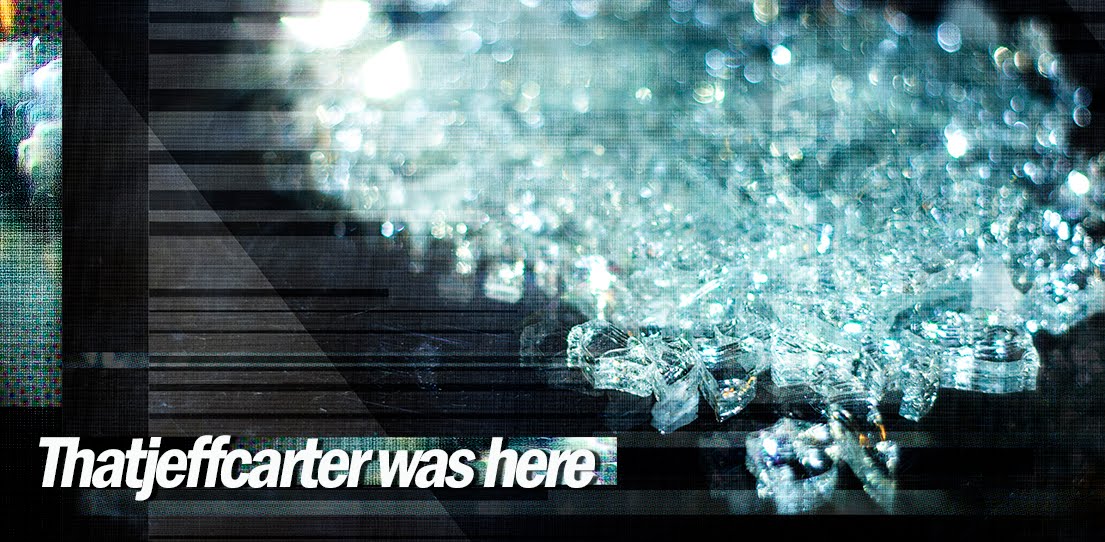I hesitate to write
anything about the novel that I have just finished reading – Silence – by the Japanese author Shusaku
Endo. What can I say – what should I say about Silence.
“I am nothing—how could I ever find the answers?
I will cover my mouth with my
hand.
I have said too much already.
I have nothing more to say.”
(Job 40: 4 – 5)
Yet I will say a few things. Forgive me if my words are insufficient.
The novel, written in 1966, is based on actual historical events and people. It is the story of Portuguese Jesuit missionaries sent to Japan in 1638, during the intense persecution of Christians in the Edo period. It is a story of suffering and despair. It is a story of faith – but it is also the story of intense doubt.
Why does god allow the
suffering of his people? Why does he not do something about it?
The “silence” of the novel’s title is the discouraging silence of God. Throughout the book the main character repeatedly questions God – Why do you not speak? Why do you not intervene? As much as it might disturb our religious sensibilities Endo depicts a God who has not chosen to eliminate all human suffering, but instead has chosen to suffer with his creation.
The “silence” of the novel’s title is the discouraging silence of God. Throughout the book the main character repeatedly questions God – Why do you not speak? Why do you not intervene? As much as it might disturb our religious sensibilities Endo depicts a God who has not chosen to eliminate all human suffering, but instead has chosen to suffer with his creation.
Those suspected of
being Christians in Japan during the 17th century were compelled to
step on fumi-e- (literally “stepping
on pictures”) -crudely carved images of Jesus and the Virgin Mary. People reluctant to step on the image of
Christ were arrested as Christians and tortured and sometimes killed.
When Christ finally
breaks his silence in the novel he says only, “Trample! Trample! It was to be
trampled on by men that I was born into this world. It was to share men’s pain that I carried my
cross.”
Endo is frequently compared
to another Catholic novelist – Graham Greene, and Silence is often compared to Greene’s The Power and the Glory about a cowardly “whiskey priest” in Mexico
during the suppression of the Catholic Church in the 1930s. Though they take different vectors –Silence follows a courageous priest who
slowly sinks into doubt and despair, The
Power and the Glory begins with a weak willed priest who comes to face the
challenge with some measure of bravery – both books are compelling stories of
human faith and doubt.
“When God becomes man
in Jesus of Nazareth, he not only enters into the finitude of man, but in his
death on the cross also enters into the situation of man's godforsakenness. In
Jesus he does not die the natural death of a finite being, but the violent death
of the criminal on the cross, the death of complete abandonment by God. The
suffering in the passion of Jesus is abandonment, rejection by God, his Father.
God does not become a religion, so that man participates in him by
corresponding religious thoughts and feelings. God does not become a law, so
that man participates in him through obedience to a law. God does not become an
ideal, so that man achieves community with him through constant striving. He
humbles himself and takes upon himself the eternal death of the godless and the
godforsaken, so that all the godless and the godforsaken can experience
communion with him.”
― Jürgen Moltmann, The Crucified God
You might also be interested
to read the article Does the Church Thrive Under Persecution by Marc
Cortez.





No comments:
Post a Comment